“It’s a hard world for little things,” said Lillian Gish’s Rachel Cooper in Charles Laughton’s masterpiece Night of the Hunter. The same goes for our four-legged furry friends in director Kornél Mundruczó’s White God, a thinly veiled allegory of class struggles in modern-day Hungary. While fascinating and at times gripping, this primarily canine-centric drama ultimately falls flat when it shifts focus to its human characters, resulting in an uneven if ambitious film about humanity’s true place in the animal kingdom.
When Lili (Zsófia Psotta) is forced by circumstances to live with her estranged father (Sándor Zsótér), she comes into conflict with him over her pet dog Hagen, who is classified as a “mongrel” by the authorities. Due to incur a hefty fine for harbouring a dog that is not of pure stock, Lili’s father abandons Hagen on the side of the road. This sudden abandonment forces Hagen to venture out into the city on his own where he finds a shadow community of mongrel and homeless dogs alongside whom he fights for survival, all the while trying to avoid the comparatively fascist agents of animal control and exploitation by an underground dog fighting ring. Hagen’s violent struggle against his human oppressors culminates with him leading an all-out canine rebellion, which threatens to bring the city to its very knees.
What is truly remarkable about White God is its ambitious use of live animals to tell a gripping and emotional story that does not rely too heavily on dialogue or exposition. Rather, the canine portions of the film move along at speed from one set piece to the next, and all the conflict is presented on screen through action and movement alone. The cinematography is constantly at ground level, placing the audience in the point of view of Hagen and at the centre of the action. Humans are large and mostly terrifying, yet the larger they loom the more pathetic they appear, while other dogs present unique challenges or opportunities mostly as comrades-in-arms against their two-legged adversaries.
However, this kind of fast-paced filmmaking would be for naught if the animals were not also handled with the same steady hand. The casting and handling of the canine actors is the film’s greatest achievement. Hagen and his friends are able to emote like the best human actors and even outshine the ones they co-star with in this very film. Hagen certainly appears to have great dramatic and emotional range, and even though intellectually it is apparent that the scene around him is what dictates the emotional response, it is impossible not to feel for him, especially when he fights back against his conditioning in a dog fighting pit.
At its core White God is a film about class with dogs cast as the oppressed lower class, especially the “mongrels,” which are considered the lowest of the low. Rather than tackle class issues head on, director Kornél Mundruczó instead goes for an allegorical truth, presenting his concerns in the form of an animal focused revenge narrative, which like all good genre fiction, melodramatically highlights the themes at play. By going broader than a traditional moralistic drama, Mundruczó can invite a more universal audience to ponder and reflect on not only how humanity treats its animal brethren, but also each other.
Unfortunately, where the film fails to maintain its pace and thematic resonance is in the scenes solely featuring human characters. While Hagen is off on his dangerous adventure, the story occasionally re-focuses on Lili as she struggles to come to terms with the fact her beloved dog is gone and probably dead. While these scenes go a little further in delineating the divide between the animals and the humans and where this divide both widens and narrows, it also brings the film to a grinding halt. While the rest of White God is exciting and fascinating, the scenes with Lili feel like padding. This pacing problem does not make the film unwatchable, not by any stretch, but it does significantly soften its overall impact.
White God is an ambitious film. The casting of animal actors in occasionally nerve-wracking scenarios is a risky proposition for any filmmaker, yet director Kornél Mundruczó’s reach does not exceed his grasp and he accomplishes this task with a style and sensitivity that culminates in a thrilling and at times dark canine adventure story. It is only when the filmmaker tries to combine these scenes with the more elementary ones with his human characters where the whole endeavour falls back down to earth. If only the film had committed fully to Hagen’s story then it could very well have been a near masterpiece. As it stands, though, it is a touch underwhelming.

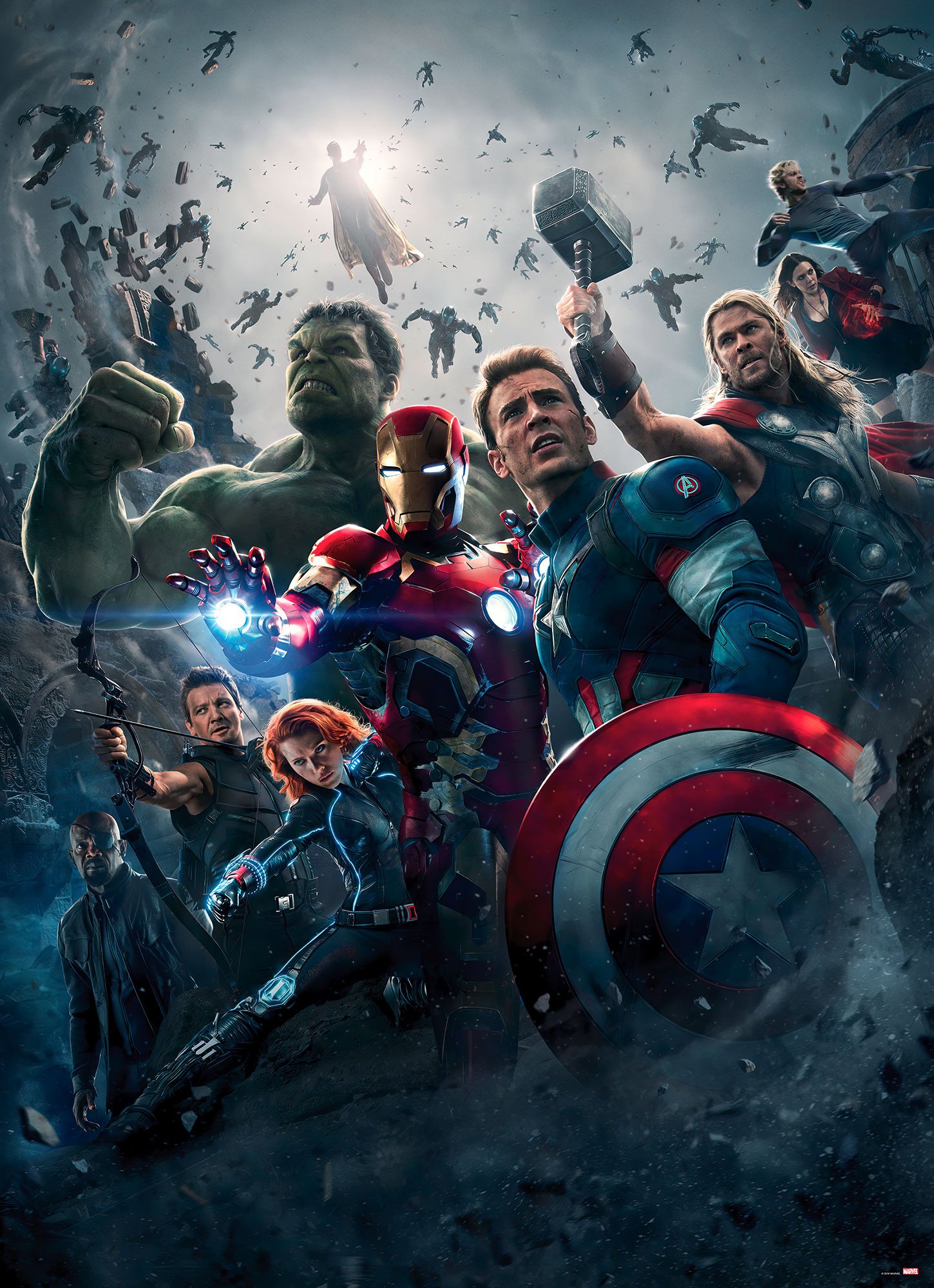

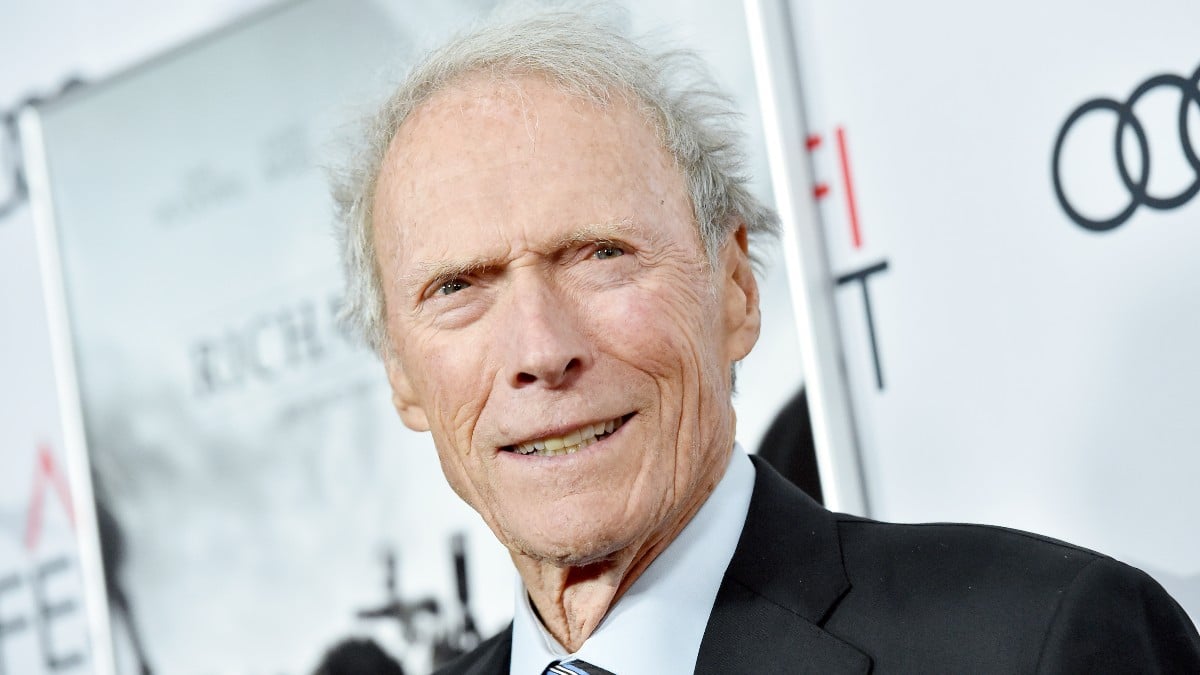
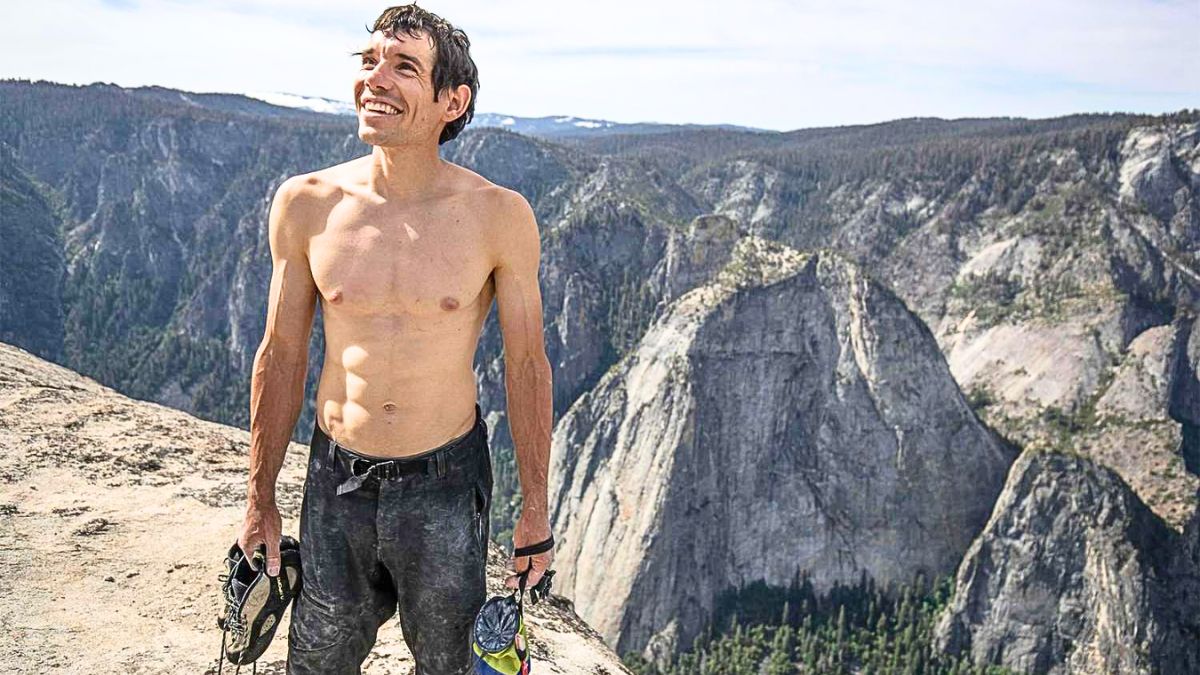
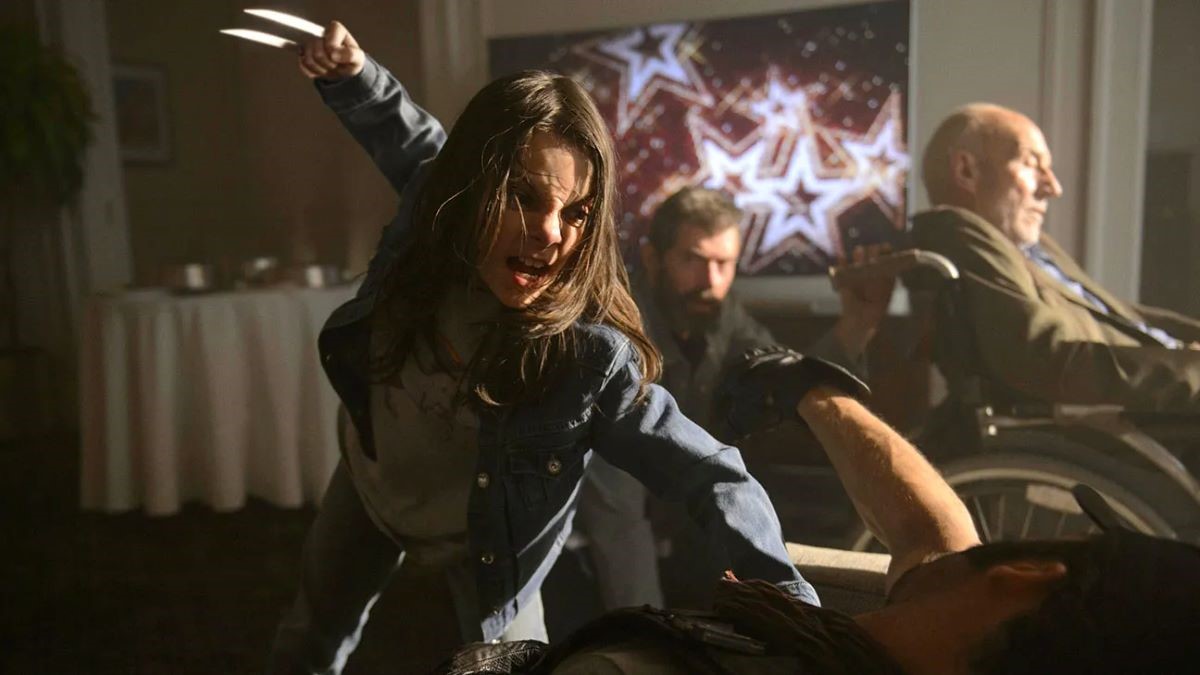
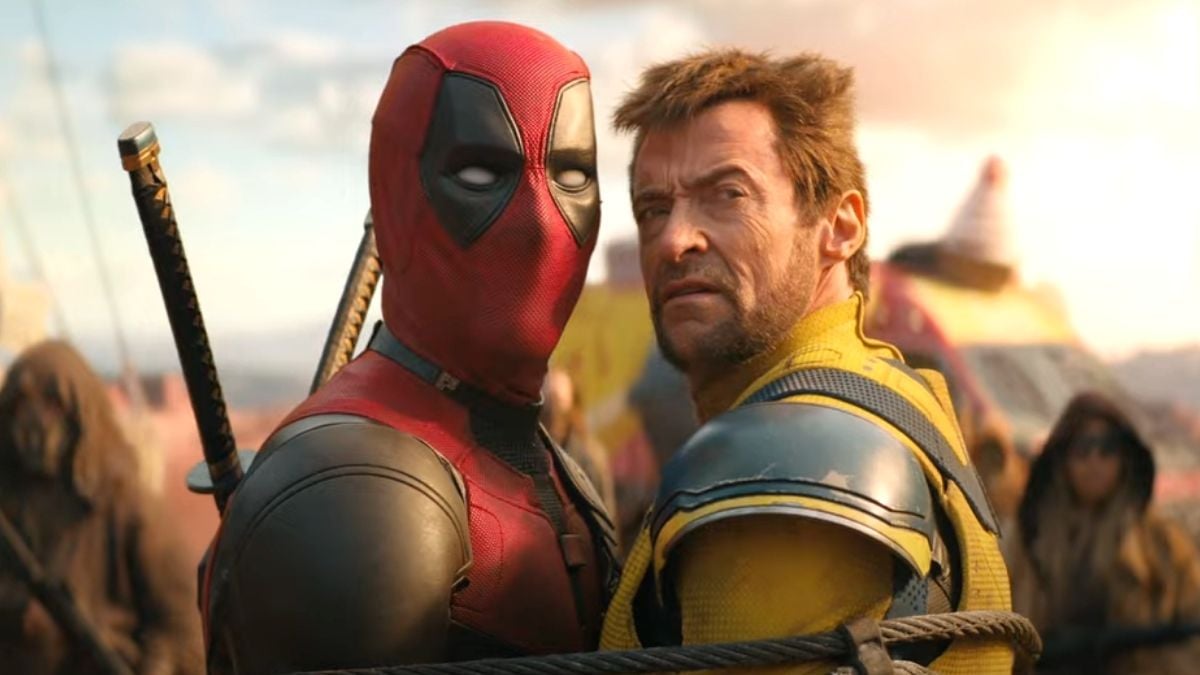
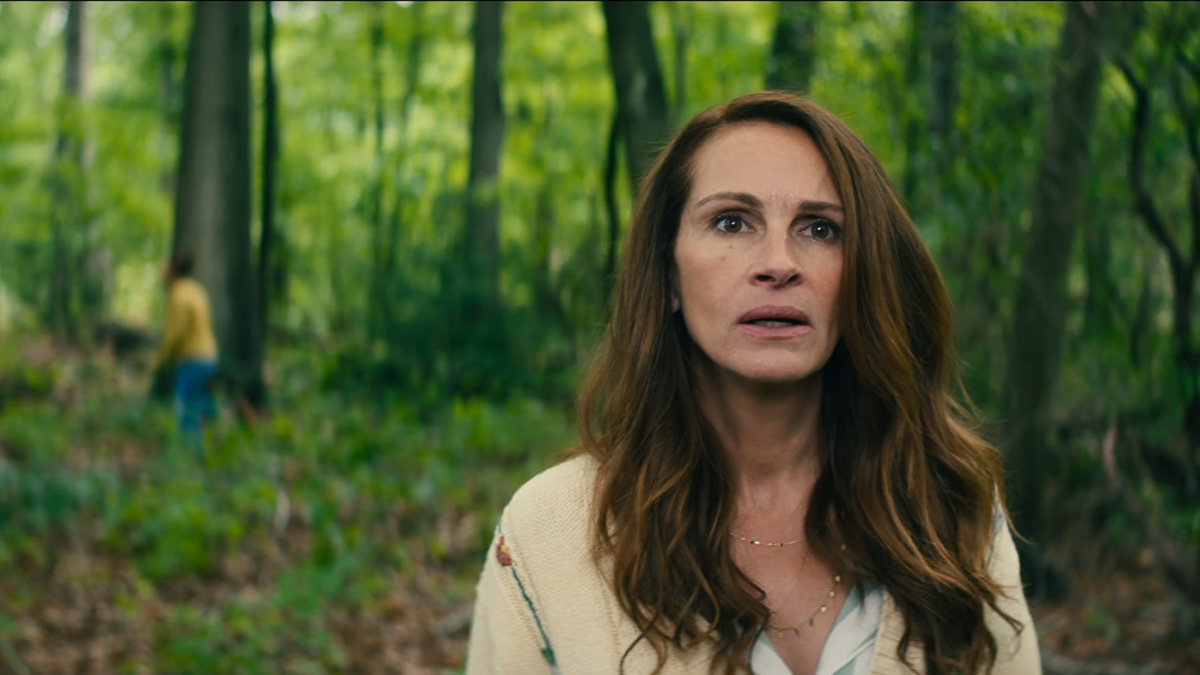
Published: Mar 24, 2015 11:50 am